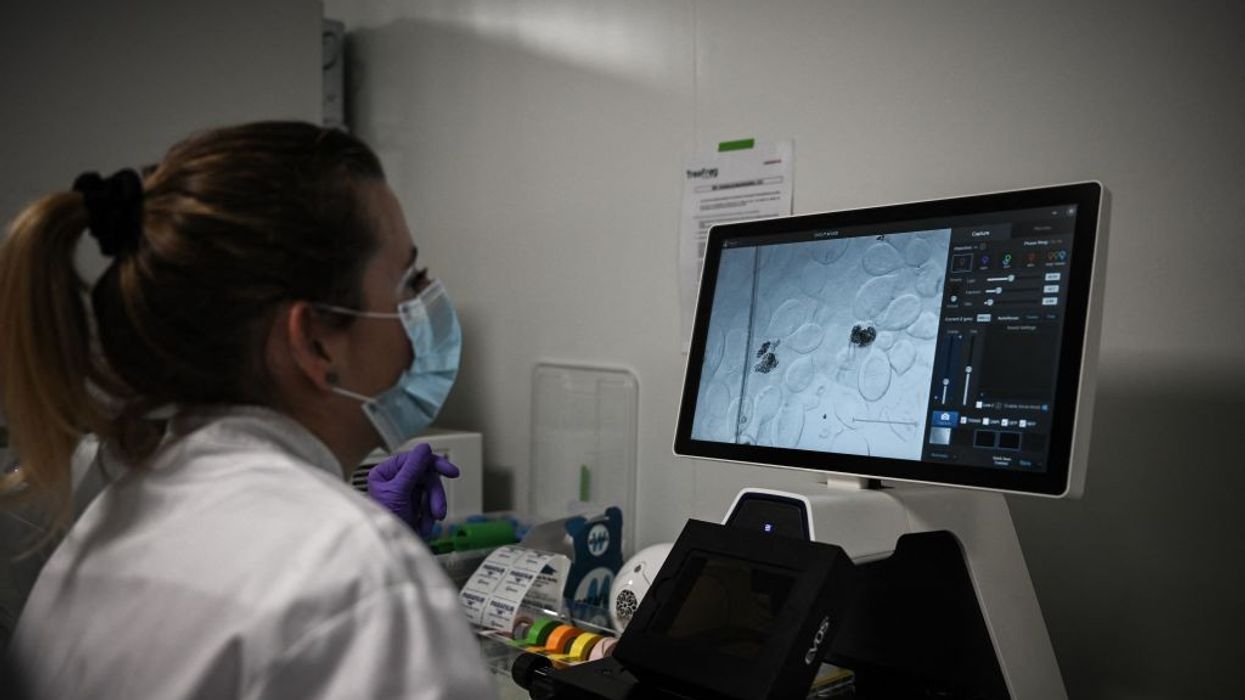Scientists develop AI-powered blood test that detects Parkinson’s disease long before symptoms appear, revolutionising early diagnosis and treatment prospects
A team of researchers, led by scientists from UCL and University Medical Center Goettingen, Germany, has unveiled a groundbreaking blood test using artificial intelligence (AI) to predict Parkinson’s disease up to seven years before clinical symptoms manifest.
Parkinson’s disease, affecting nearly 10 million globally, is characterized by the deterioration of nerve cells in the brain’s substantia nigra, impairing movement due to dopamine deficiency.
Current treatments focus on symptom management post-diagnosis, underscoring the urgent need for early detection to intervene before irreversible brain cell loss occurs.
Senior author Professor Kevin Mills from UCL Great Ormond Street Institute of Child Health highlighted the significance of early intervention:
“We need to diagnose patients before symptoms appear to protect existing brain cells. Our goal is to implement this test in NHS laboratories within two years.”
Published in Nature Communications, the study utilized machine learning to analyse eight blood biomarkers associated with Parkinson’s.
The research cohort included patients with Rapid Eye Movement Behaviour Disorder (iRBD), a precursor to synucleinopathies like Parkinson’s, with 79 per cent showing biomarker profiles consistent with Parkinson’s.
Co-first-author Dr. Michael Bartl from University Medical Center Goettingen emphasized the test’s potential:
“Identifying these markers years in advance could enable earlier therapeutic interventions, potentially slowing or preventing disease progression.”
The team, supported by EU Horizon 2020, Parkinson’s UK, NIHR GOSH Biomedical Research Centre, and the Szeben-Peto Foundation, is exploring broader applications.
Co-author Professor Kailash Bhatia, UCL Queen Square Institute of Neurology, aims to validate the test’s accuracy in high-risk populations.
Professor David Dexter of Parkinson’s UK hailed the research’s impact:
“This marks a significant leap towards a non-invasive diagnostic tool. The blood test may distinguish Parkinson’s from similar conditions earlier, enhancing diagnostic precision.”
Looking ahead, the team seeks funding for a simplified blood spot test, enhancing accessibility and further advancing early detection efforts.
As clinical trials progress, optimism grows for transforming Parkinson’s diagnosis and treatment paradigms.












